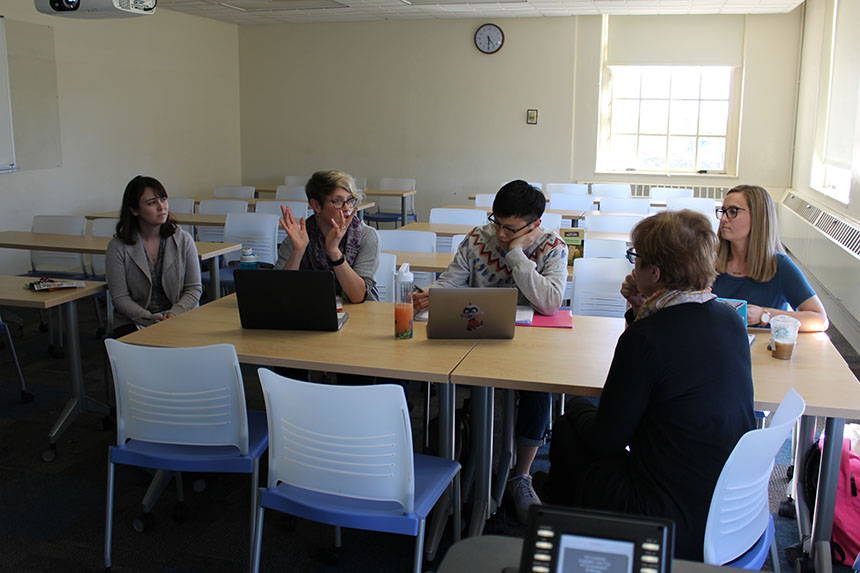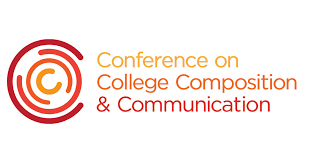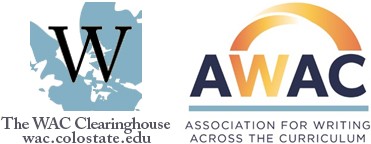Writing in the Light: How One Gerontology Professor Teaches Writing to Graduate Students
How to Write Like a Gerontologist 101
GTY 705 could easily be called How to Write Like a Gerontologist 101 because Kinney’s innovative approach to writing pedagogy has students digging deeply into the voice of the discipline.
One of the main activities Kinney uses is a genre analysis, where she asks students to break apart pieces of a research article—like introduction, results, methods—and try to figure out what the characteristics of writing are in each section.
“We start with everybody reading three or four introductions to an article,” says Kinney. “Then, students come to class having taken notes about questions like, ‘What are the situational characteristics? What are the structural characteristics, stylistic characteristics, organizing principles? What makes an introduction an introduction, based on what you read?’” (For more activities like these, check out Sonja Foss' Rhetorical Criticism.)
The first time Kinney tried this activity, she says, it didn’t go as well as she had hoped.
“It took awhile to get to the point where we could even have those conversations about writing because it's not what we're used to,” she says.
But she kept trying.
Now, the kinds of conversations she’s having with her students about writing in gerontology are groundbreaking: For the first time in the field’s history, they’re trying to define a voice for the discipline.
“My hope,” she says, “is that these discussions and ideas are bigger than we are.” She believes they’re “starting a foundation” for what graduate writing education and what the voice of the field could look like in the future.
Empowering Student Voices

As we end our conversation, Kinney drives home what she sees as a critical part of teaching students how to write. “It's all about empowering students to be comfortable in their own skin,” she says, “to be able to talk about who they are, what they do, what they bring to the table as gerontologists. And writing is a big part of that.”
Just as the discipline of gerontology—which is still relatively new—is currently defining its own history, territory, and voice, Kinney wants students to be able to do the same.
“For me,” she says, “it’s all about empowering students to claim an identity and a space for themselves.”
Howe Writing Across the Curriculum Programs
The mission of the Howe Writing Across the Curriculum Programs is to ensure that all Miami faculty and graduate teaching assistants can effectively include writing as a means to support learning in their courses and programs.


